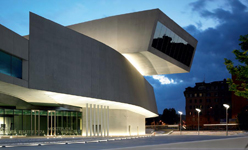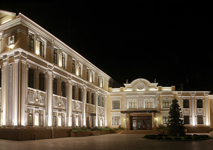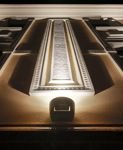Architectural lighting
Architectural lighting is an important aspect of city operation. This is a decorative highlighting of building face that emphasizes their expressive architectural peculiarities at night time. Correct artistic lighting shapes the image of modern city.
The process of engineering the architectural lighting depends on a variety of factors:
- Type of human activity, where the illumination will be deployed;
- Required amount of light;
- The direction and emission of light in space;
- Color temperature of light, which influences the perception of the scenery at large;
- And so on.
Utmost importance is to consider that the final criterion of the successful implementation of lighting project is the perception of light by the human himself. That’s why the work must be done by experts in lighting design – they understand the mechanism of the process. Lighting designer knows how to investigate lighting design in such a way as to improve the interior design and not to forget about energy efficiency and the functuionality of light.
Architectural lighting design focuses on three main aspects of illumination of buildings:
- Aesthetic appeal of the building;
- Ergonomics – shows, how much functional the lighting system is;
- Energy efficiency – defines the right way to distribute light on the façade or in the room and to choose the most appropriate and effective source of light from the perspective of used light efficiency.
With the appearance of fire, the history of artificial light has begun. The first primitive lamps were made of different natural materials; as a fuel material oils of vegetable and animal origin were used. By means of using whale blabber and kerosene expenditures for lighting were decreased. The next step was use of gas in lighting fixtures – in the meantime the first street luminaires appeared. Initially they were designed for people’s safety.
The following luminaires are used for archtectural lighting:
|
Bega Ares Civic DGA Erco |
iGuzzini Insta Reggiani Fael Ghidini |
P.U.K Simes Willy Meyer |
Examples of our projects
-
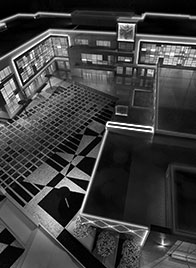 NOVOPECHERSKA SCHOOL
NOVOPECHERSKA SCHOOL
-
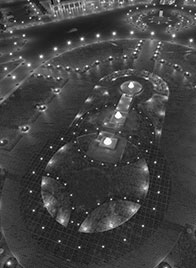 PRIVATE RESIDENCE, in Baku
PRIVATE RESIDENCE, in Baku
-
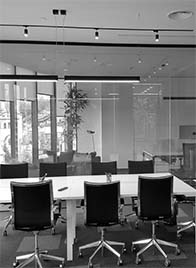 IQ BUSINESS CENTER
IQ BUSINESS CENTER
-
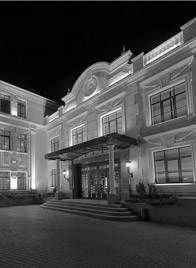 Office, I.Mazepy street, Kyiv
Office, I.Mazepy street, Kyiv
-
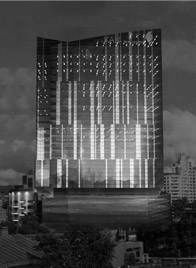 Office centre "101 TOWER", Kyiv
Office centre "101 TOWER", Kyiv
-
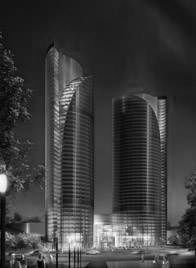 MIRAX
MIRAX
-
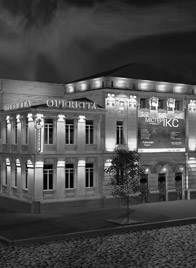 Opera Theatre, Kyiv
Opera Theatre, Kyiv
-
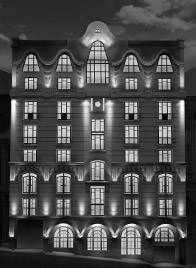 Office centre, Patorzhynskogo street, Kyiv
Office centre, Patorzhynskogo street, Kyiv
-
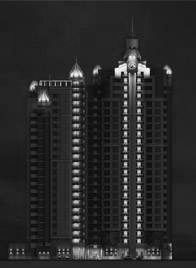 Appartment complex, Kyiv
Appartment complex, Kyiv
-
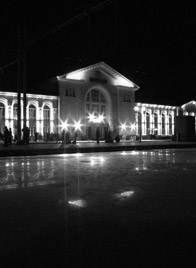 Railway station, Vinnitsa
Railway station, Vinnitsa
-
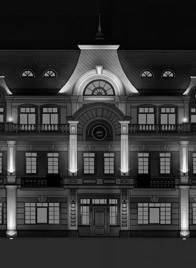 Office centre, P.Sagaidachnogo street, Kyiv
Office centre, P.Sagaidachnogo street, Kyiv
-
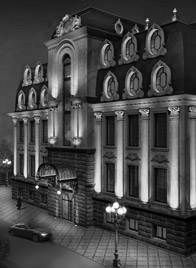 Private house, Kyiv
Private house, Kyiv
-
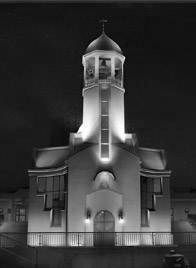 Church in Odessa
Church in Odessa
-
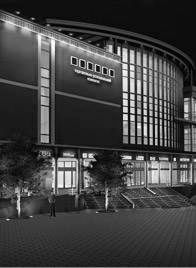 "MAGI" Shopping Mall, Vinnitsa
"MAGI" Shopping Mall, Vinnitsa
-
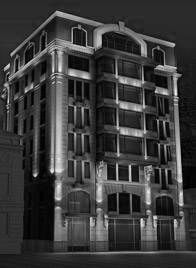 Appartment complex, Kyiv
Appartment complex, Kyiv
-
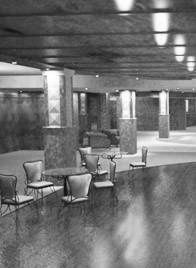 Rus Hotel, Kyiv
Rus Hotel, Kyiv
-
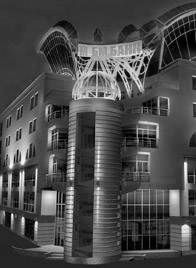 BM Bank, Kyiv
BM Bank, Kyiv
-
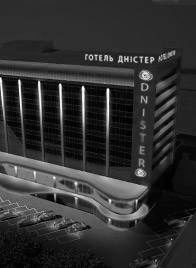 Dnestr Hotel
Dnestr Hotel
-
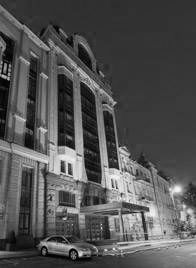 EBRD Bank, Kyiv
EBRD Bank, Kyiv
-
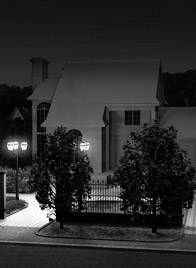 Ivankovichy
Ivankovichy
-
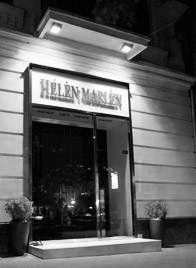 Helen Marlen
Helen Marlen
-
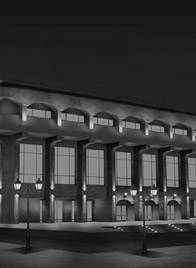 T. Schevchenko Museum, Kanev
T. Schevchenko Museum, Kanev
-
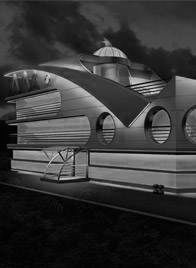 Landing-stage
Landing-stage
-
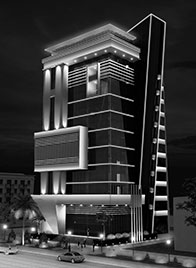 BANK, in Baku
BANK, in Baku
-
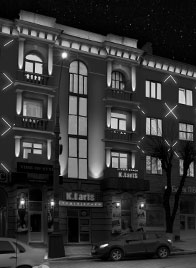 FACADE ON SOBORNA STR., in Vinnitsa
FACADE ON SOBORNA STR., in Vinnitsa
-
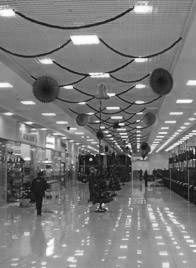 "KARAVAN" Shopping Mall, Kyiv
"KARAVAN" Shopping Mall, Kyiv
-
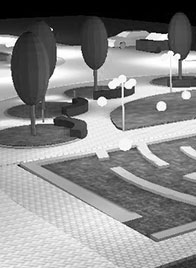 OBOLON RESIDENCES
OBOLON RESIDENCES
-
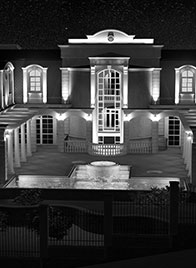 PRIVATE RESIDENCE, in Gostomel village
PRIVATE RESIDENCE, in Gostomel village

